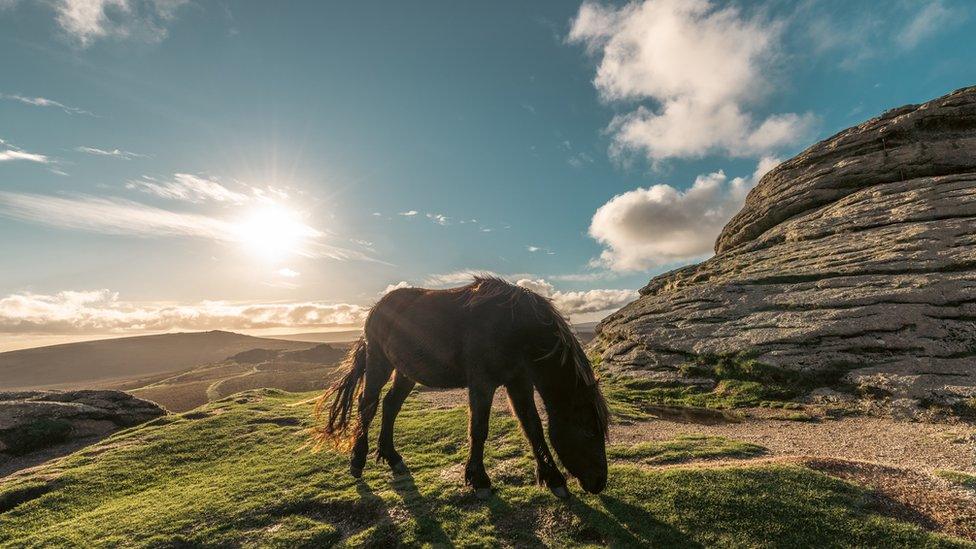Dartmoor wild camping: Park bosses seek to fight ruling
- Published
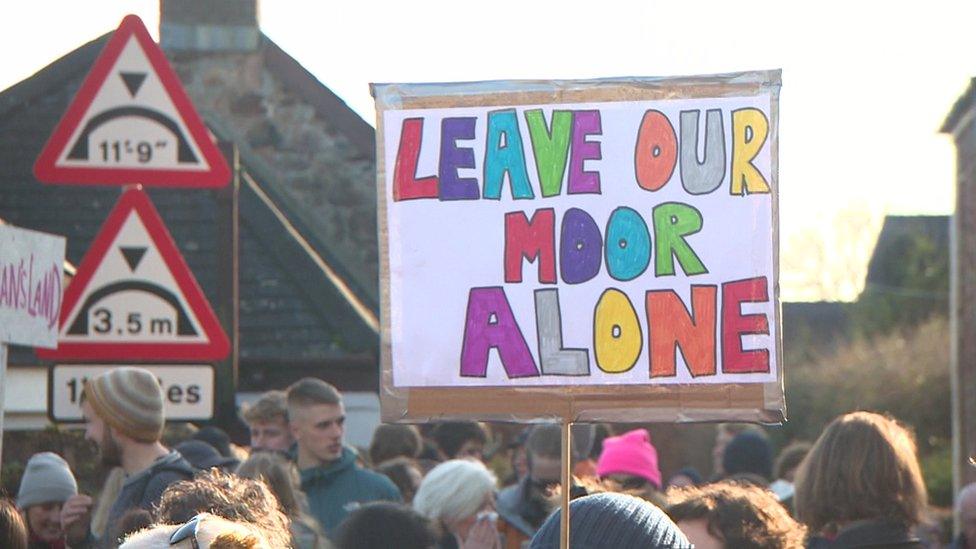
The decision follows a protect by thousands of people against the court ruling
Dartmoor National Park Authority has said it will seek to appeal against a court ruling that banned wild camping without the landowner's permission .
Chief executive Kevin Bishop said after a meeting of the authority that the judgment "goes to the very heart of what our national parks are all about".
Landowners Alexander and Diana Darwall brought the High Court case which led to a protest by thousands of people.
Campaigners Right to Roam welcomed the authority's "brave decision".
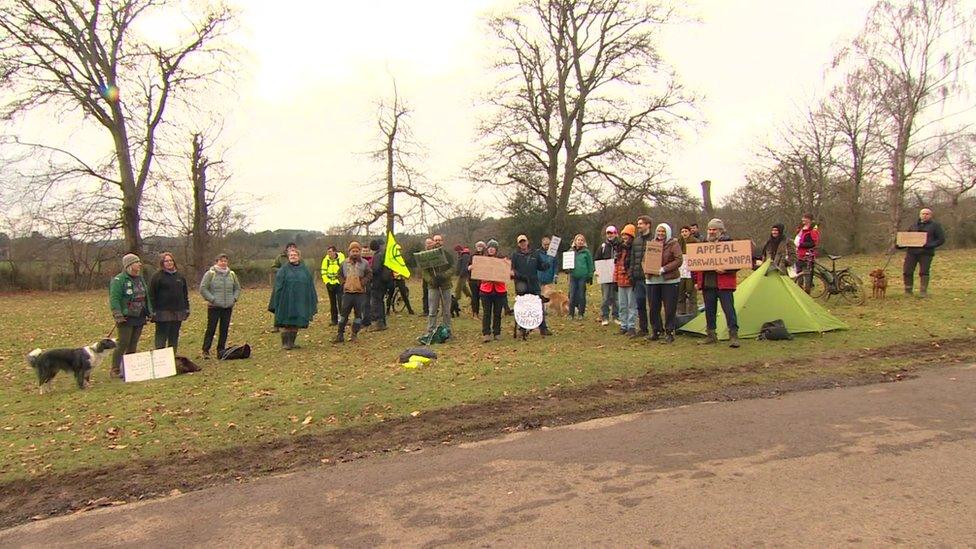
Campaigners at the park authority's meeting welcomed the decision to seek leave to appeal
Spokesperson Lewis Winks told BBC News: "The national park have made the right decision.
"We have seen a huge amount of public support for this case, Dartmoor has become a bit of a celeb for access rights in England.
"We need to go beyond that as well. We need a Right to Roam Act, we need to cement this into legislation."
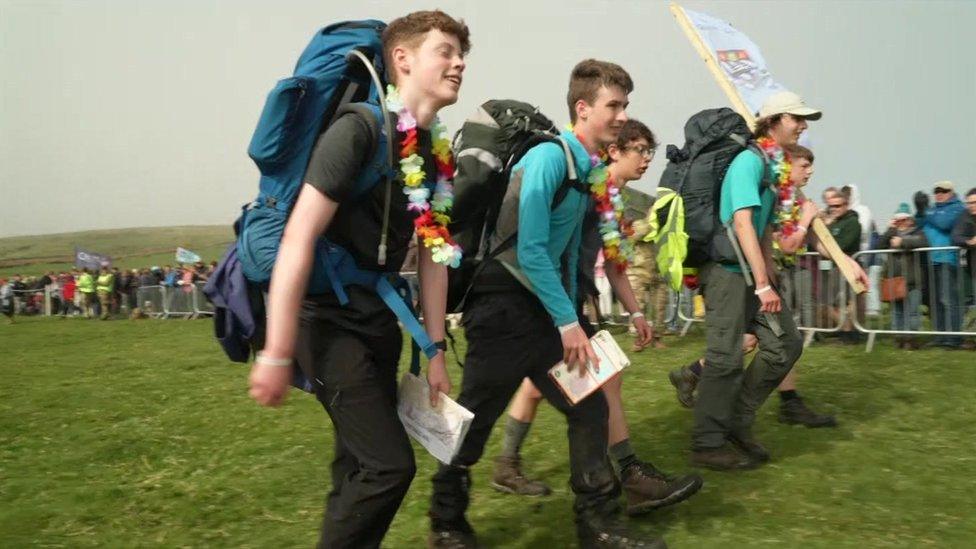
A deal for permissive camping on the moor allows activities such as Ten Tors to continue
An agreement with landowners to allow wild camping with permission in certain areas was also endorsed at the meeting.
The deal allows activities for young people, such as the Ten Tors challenge and the Duke of Edinburgh's Award, to continue on the moor.
According to a report to the meeting, the park authority will pay landowners taking part in the deal a total of about £6,000 a year.
About 14% of the area allowed previously for wild camping could be lost in the agreement, said the report.
Specific areas for wild camping are marked on an interactive map published on the park authority's website, external.
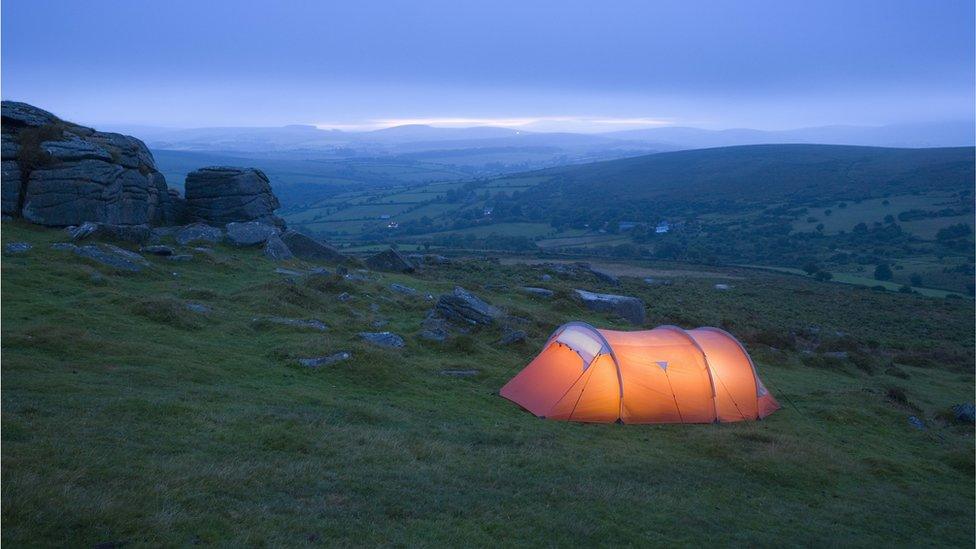
About 14% of the area allowed previously for wild camping could be lost in the agreement, said a report
Mr Bishop said: "We believe that the High Court judgement goes to the very heart of what our national parks are all about.
"For that reason we think it is important that we pursue it further."
Kate Ashbrook, general secretary of the Open Spaces Society, said the society was "delighted" at the park authority's decision.
The court judgment had "implications way beyond the Dartmoor", she said, because it "highlighted" the "fragility" of access to the countryside.
The Darwalls have been approached for comment.
They said in a statement before the meeting that there was "no threat to access or true wild camping".
"Dartmoor is increasingly under pressure from fly campers, litter, raves and so on - a small number of people who spoil it for everyone," they said.
"We want to keep Dartmoor unspoilt with the principle of leave no trace."

Follow BBC News South West on Twitter, external, Facebook, external and Instagram, external. Send your story ideas to spotlight@bbc.co.uk.
- Published26 January 2023
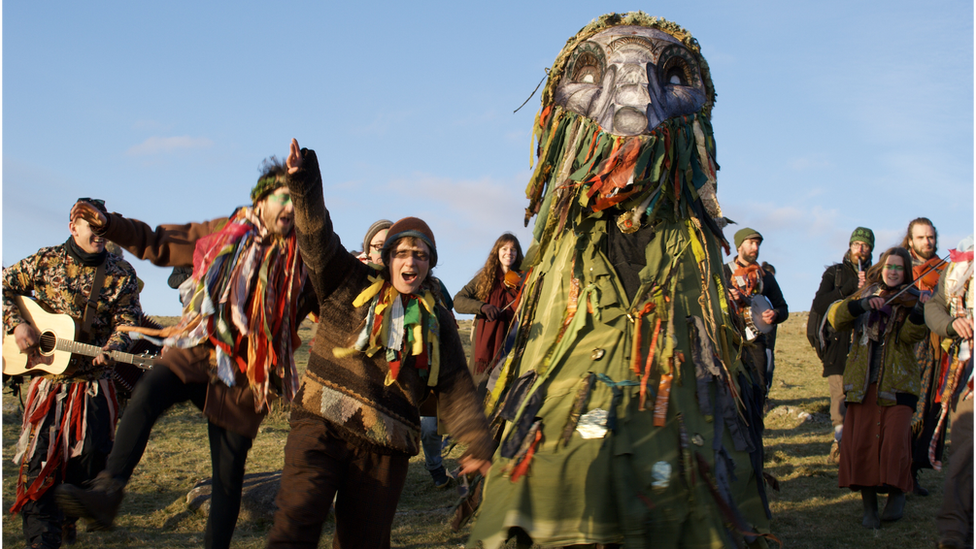
- Published21 January 2023
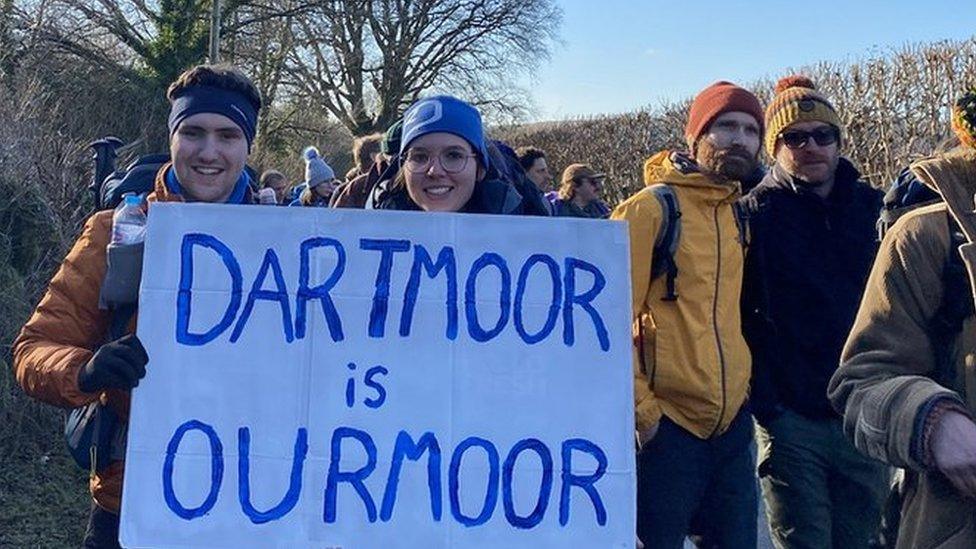
- Published20 January 2023
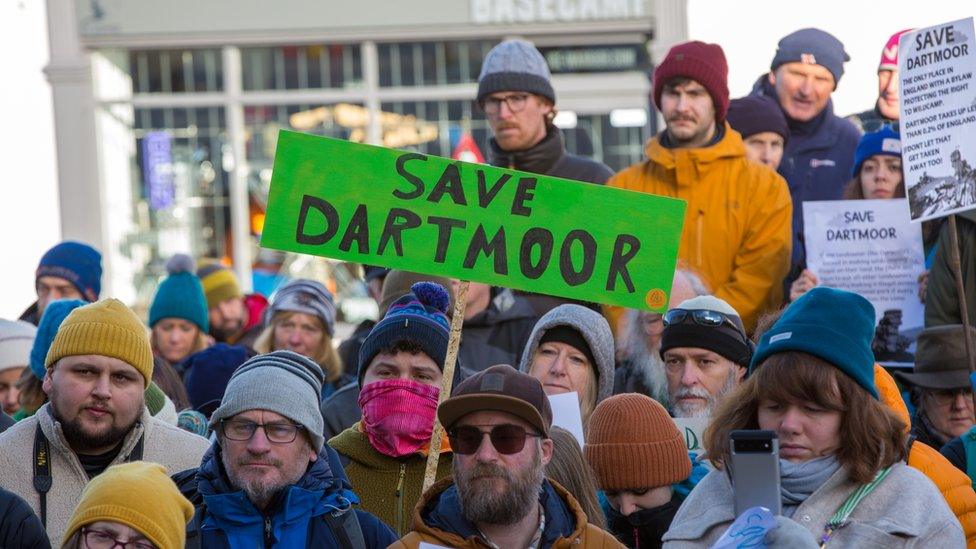
- Published19 January 2023

- Published19 January 2023
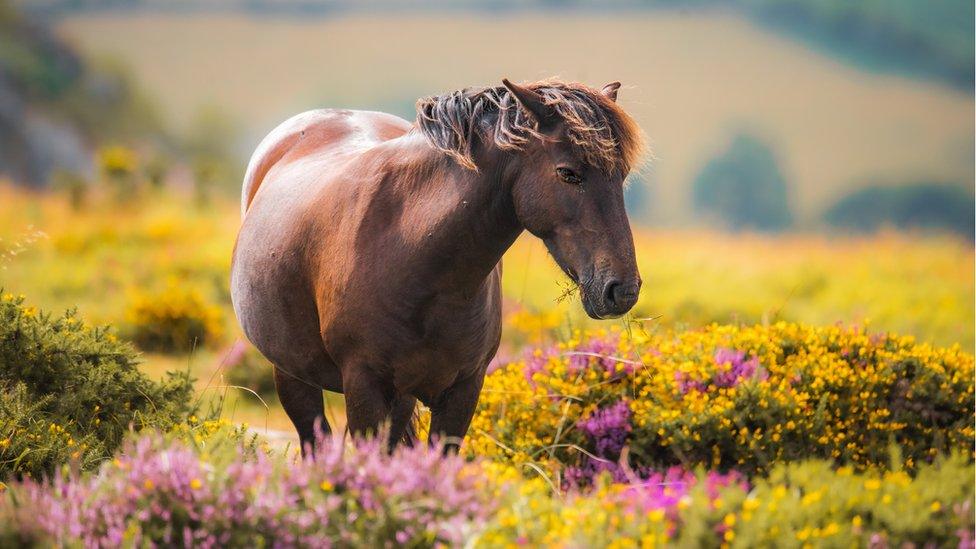
- Published13 January 2023
